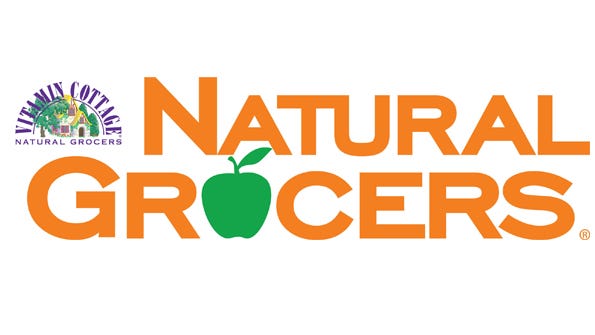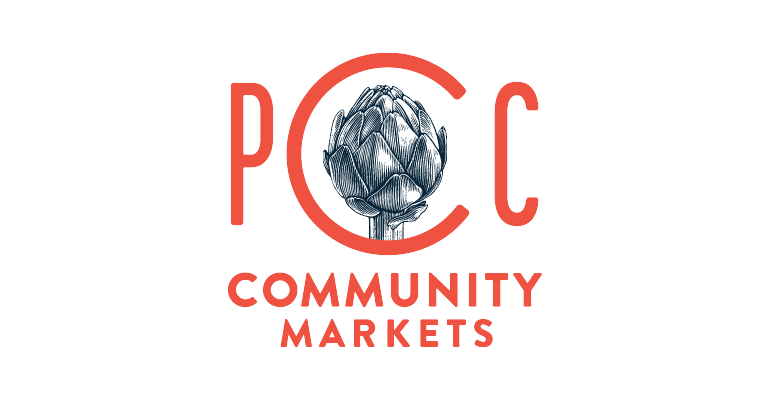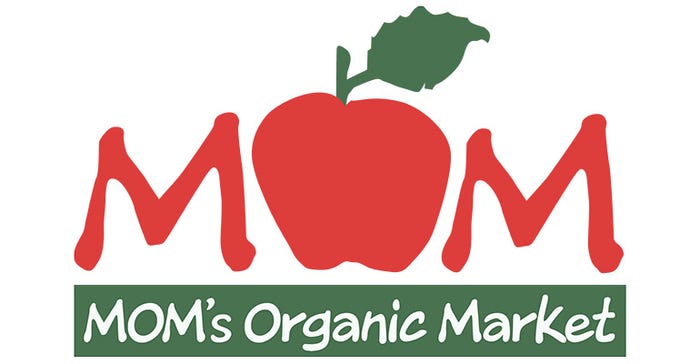3 natural foods retailers share their approaches to quality standards
Explore how natural foods retailers apply quality standards so they offer consumers only products with integrity and innovation.

A range of new products continues to emerge in the wellness market, making quality standards more important than ever as retailers seek the right balance of integrity and innovation. Natural Grocers, PCC Community Markets and Mom’s Organic Market—all leaders in the natural foods space—have built their reputations on strong ingredient requirements, with a focus on certifications and an emphasis on brand characteristics that resonate with consumers.
Without a doubt, ingredient transparency plays a critical role in the success of products and companies. Standards are not always accessible or easy to find in the conventional markets, so it’s a notable differentiator for natural retailers as they strive to capture consumers.
Consumers are asking for higher integrity foods, with a focus on organic, therefore retail standards are key to earning trust and educating consumers as they opt for healthier, more natural choices.
There is a rising interest in organic, natural products, according to New Hope’s Ways of Eating Survey 2022, which shows that one-third of consumers want to “learn more about natural and organic foods’” versus 23% in 2013. Nearly a quarter of consumers say they make sure most of the food they consume is organic and natural, and they are willing to pay a premium for those products.
These three retailers are all unique in how they connect with this changing consumer while they adhere to their values. They are dedicated to offering consumers quality organic products, ethically sourced palm oils and ingredients transparency.

Natural Grocers follows five founding principles
Natural Grocers has been a pioneer in the natural foods space since 1955. This Colorado-based retailer, which has 162 stores in 20 states, bases its quality standards on five founding principles: nutrition education, quality, always affordable pricing, commitment to community and commitment to crew.
Natural Grocers follows grass-fed standards that include no grain, no grain byproducts, no GMOS, no confinement, no antibiotics and no artificial hormones. Similarly, it sells only 100% pasture-based dairy products, free-range beef and cage-free eggs.
“All of our eggs are always cage-free; we have never sold a caged egg in our lives,” says Heather Isely, executive vice president and corporate secretary of Natural Grocers. “It’s puzzling that the health food industry would have ever embraced the process of selling eggs that come from caged hens; it was founded for those fighting against these farming practices destructive to the animals and the health of the environment.”
Additionally, the retailer evaluates and continuously works on standards for supplements and body care with updates about new ingredients.
For example, the retailer does not carry personal care items that contain harmful toxins such as parabens, phthalates, talc, aluminum, tetrahydroxide, formaldehyde or oxybenzone. It stocks only reef-safe, mineral-based sunscreens. Moreover, Natural Grocers prioritizes sourcing Certified Compostable household products that are comprised of sustainable materials and sustainable production practices. Lastly, their supplements are Good Manufacturing Practices (GMP) certified, which provides details about the authenticity and analysis of ingredients and to screen out heavy metals.
“Our products have a purpose: to support the health and wellbeing of our communities—which we take very seriously,” says Isely. “Our Purchasing Department requires a complete supplier and product profile as part of the approval process. Our Quality Standards Team stays abreast of the latest research, using it to review specific ingredients or products, when needed. Right now, we’re reevaluating our standard for cleaning products. Our uncompromising commitment to quality is an ongoing process because our customers and the planet we all share deserve nothing less.”

PCC Community Markets keeps standards transparent
This Seattle, Washington-based food co-op fosters integrity by partnering with northwest producers, farmers, ranchers and makers. Founded in 1953, PCC was and is known for its high standards and vetting processes. It recently updated its quality standards and requirements to support each policy and standard goals.
The retailer is one of the few that provides public access to its standards on sustainability and specific criteria for health, environmental support, animal welfare and harmful ingredient concerns. Its Quality Standards Committee develops and implements its standards. The committee consists of buyers, staff from the fresh department, center store departments, social and environmental responsibility team, marketing team and executive leaders.
The group discusses trends, common questions and novel ingredients to determine how these factors affect buyer decisions.
“We are seeing a trend toward regenerative agriculture such as the regenerative organic certification with Dr. Bronner’s, for example,” says Steven Jamieson, PCC’s health and body care associate merchandiser.
A commitment to sustainable agriculture is clear in the products that show up in store. Ninety-five percent of PCC’s produce is organic and all its milk is certified organic or from cows raised on non-GMO feed. Additionally, it requires that all fresh beef and bison meat be USDA Certified Organic or Non-GMO Project Verified.
To determine which products to place on its shelves, the committee factors in attributes such ingredients requirements, prioritizes ready-to-eat foods with the fewest additives possible, third-party certifications, company values and diversity.
To round out its offerings of high-quality products, PCC chooses sustainable beers and wines that are organically grown or have regenerative certifications.

Mom’s Organic Market prohibits brands' marketing to children
Since 1987, Mom’s Organic Market has sold certified organic produce in five states and the District of Columbia. Mom’s regularly evaluates its ingredient standards to offer high-quality, sustainable products.
Beyond ingredients, the grocery chain takes a stand on marketing integrity, prohibiting products that market to children or have cartoon characters on packaging.
“We don’t market to kids,” says Lisa De Lima, vice president of grocery at Mom’s Organic Market. “We definitely ensure that packaging is neutral. From my perspective, this puts us above and beyond what more conventional retailers may be doing.”
In addition, it began reducing the use of plastic packaging in all departments in 2010, when they started requesting customers to bring their own reusable containers for bulk shopping. It also banned plastic bottled water and encourages customers to bring their own water dispensers.
3 standards these retailers share
They have extensive banned ingredient lists. These retailers have lists of banned ingredients, which aren't allowed in any products in their stores. Ingredients that are prohibited at all three of these companies include artificial flavors, aspartame, bleached flour, BHA, BHT, ethylene oxide, rBGH, sodium bisulfite, natamycin, olestra and others.
Natural Grocers lists 250 food ingredients it will not carry, while PCC’s includes 500 ingredients. Mom’s Organic Market has banned over 250 ingredients it does not allow, as well as an Ingredient Watchlist that includes ingredients it rarely accepts or accepts only in special circumstances.
They require ethically and sustainable produced palm oil. Ethical sourcing is important for these stores and palm oil is one particular focus.
PCC Community Markets only allows products made with sustainably produced palm oil that is sourced through Palm Done Right, which includes fair labor certification, organic certification and Non-GMO Project Verified certification.
Mom’s Organic Market consistently reviews its products to maintain its commitment to carrying only products that adhere to Roundtable on Sustainable Palm Oil Certified. Companies must fill out Mom’s Organic Market supplier agreement annually to confirm their certification and adherence to following fair labor and sustainable palm programs.
Natural Grocers accepts all Organic Certified single-ingredient palm oil. However, for products that are not Certified Organic and or RSPO Certified, it will accept products that are RSPO segregated palm oil.
They prioritize certifications—organic and beyond. While all three retailers prioritize selling 100% USDA Certified Organic produce, they also require other third-party certifications such as Certified Compostable, Non-GMO Project Verified, GMP Certified, Global Organic Textile Standard Certified and Fair-Trade Certified. Third-party certifications assure consumers that the labeled products match the claims. It helps verify that the brands are upholding standards that match their environmental and social values, according to these retailers.
About the Author
You May Also Like




